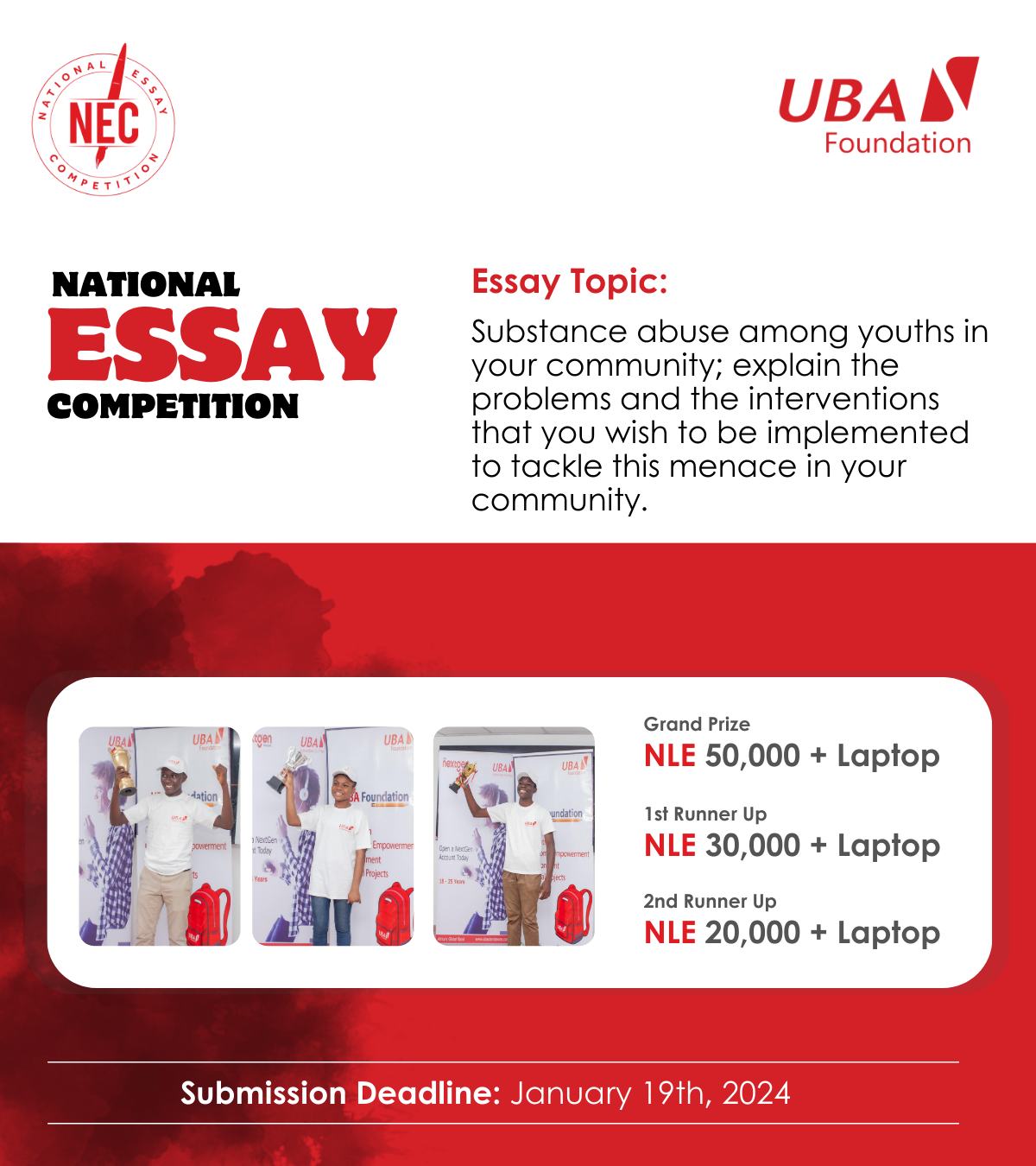By Alusine Fullah
Hundred they stood shouting “my man let us smoke.” Samuel Williams used to be one of the best pupils in my class, but now he is the worst pupil. I can only see Samuel (D Wise one as I usually call him) when it is time for exams. I kept on asking myself why? I tried to reach his parents but all the phone numbers I have for them are unreachable. As a teacher, I thought it was my fault. I became a bit worried? What should I do? I asked myself. The other day I asked his colleagues about his way about. Nobody gave me a positive feedback. In that school, there is a place called K2. It is a place that is well known for smoking and drinking alcohol. I became interested to visit there but in a clandestine way.
Guess what, the day I visited that place I met Samuel Williams and many of his colleagues smoking Kush at the back of the school (K2). Some his colleagues ran away for me not to recognise them. Samuel did not run simply because he was profoundly swimming in the sea of Kush. Put simple, he did not recognise my presence. I called some boys to help me take him to my home. In home, he slept for over seven hours without recognising that he was at my house. After the kush flame had subsided I interviewed him for over two hours. He said in tears: “Mr. Fullah my life is in hell. For the past months I have not seen my paprents I stay with my friends. Honestly, my friends have misled me. Now my new food is kush, and if I don’t smoke kush I will never go to bed…pear pressure is destroying my good dreams…”
Globally (especially in Sierra Leone) peer pressure has been attributed to a negative force more especially amongst the adolescents. The issue lies with a traditional mind-set, and a rigid concept that peer influence has limited reducibility and their company is always perceived as tilted to social vices and immorality such theft, drug abuse sex and other nefarious activities. At the tertiary where the adolescent form over 80% of the student population and considered as mature and independent of forming their own opinions, the parent is still apprehensive about the kind of relationship and association their wards encounter or join. The tertiary institution is one stage of life of the adolescent where a lot of responsibilities can be instilled.
Aspirations in life can be achieved or thwarted by the influence of one’s peers. Peer pressure is occurring more and more in teens because of the fear that friends can leave them if they do not conform to the norms and values of the peer group (Rima, 2008). When starting college life, it is sometimes normal for students to feel influenced by their peers as they negotiate and manage new structures around friendships, belief systems and where they fit in. Peer pressure can cause students to do or say things they would not normally do or say. It is not always a bad thing: pressure from a student’s peers to study harder or to stand up to bullying can have positive results.
But on the flip slide, some influences can be negative, such as pressure from peers to treat some people badly or to engage in risky behaviours such as smoking. This type of peer pressure can impact on students‟ self-confidence and self-concept, and may isolate them from their family and friends. Corsaro (1985) mentions that as age mates especially young adults interact day after day, they invent routines that reflect age-related concerns and perceptions of the adults‟ world and create a sense of group identity.
 Children at schools develop informal relationships with their peers. These relations are important for children’s development in terms of personal, social and emotional aspects of development. There is also evidence that informal peer interactions and the general social climate of the classroom affect both school engagement and students‟ academic achievement. Adeniyi and Kolawole, (2015) posit that peer pressure is often seen during the adolescence stage of teenagers because they often seek comfort among their peers and intend to do what their peers do without knowing its repercussions for them.
Children at schools develop informal relationships with their peers. These relations are important for children’s development in terms of personal, social and emotional aspects of development. There is also evidence that informal peer interactions and the general social climate of the classroom affect both school engagement and students‟ academic achievement. Adeniyi and Kolawole, (2015) posit that peer pressure is often seen during the adolescence stage of teenagers because they often seek comfort among their peers and intend to do what their peers do without knowing its repercussions for them.
Behaviour of each individual can be formed through hereditary, or it is environmentally influenced or acquired. The hereditary one is normally nurtured by parents and guardians while one’s immediate environment can also influence behaviour. The original formed behaviour can be changed by a peer group. The new behaviour can be formed through the influence exerted by peers to form different new attitudes, values, or behaviours in order to conform to the group’s norms.
In all of these, for me the solution is: monitoring. Teachers and parents should always monitor their children especially in schools. For the past decades, monitoring both by the parents and teachers has been POOR. So I suggest monitoring should take centre stage. For parents, always check if your child is in school and as a teacher make sure you check and cross-check if all your pupils are present or in class. Sometimes they are present but not in class.










